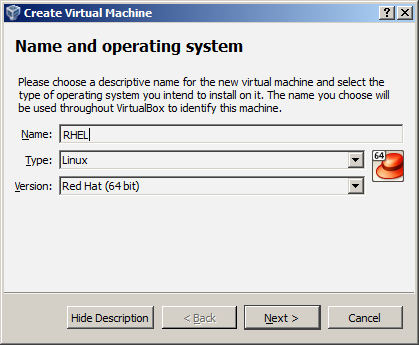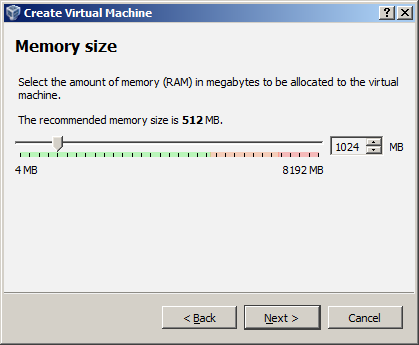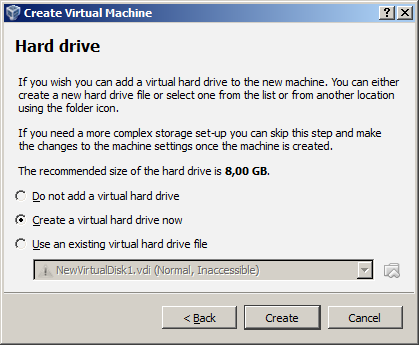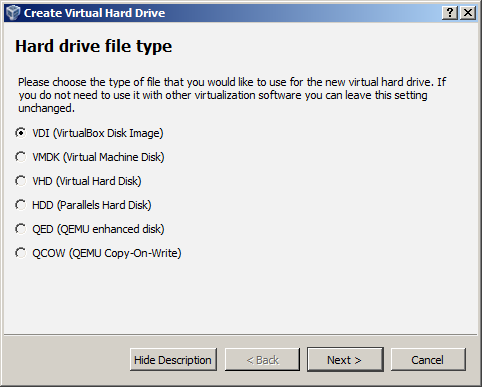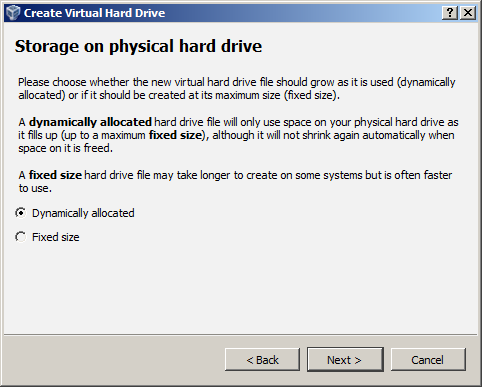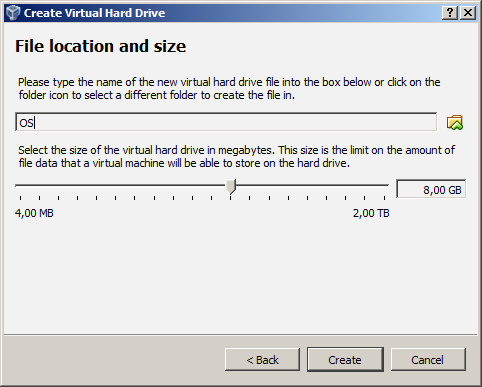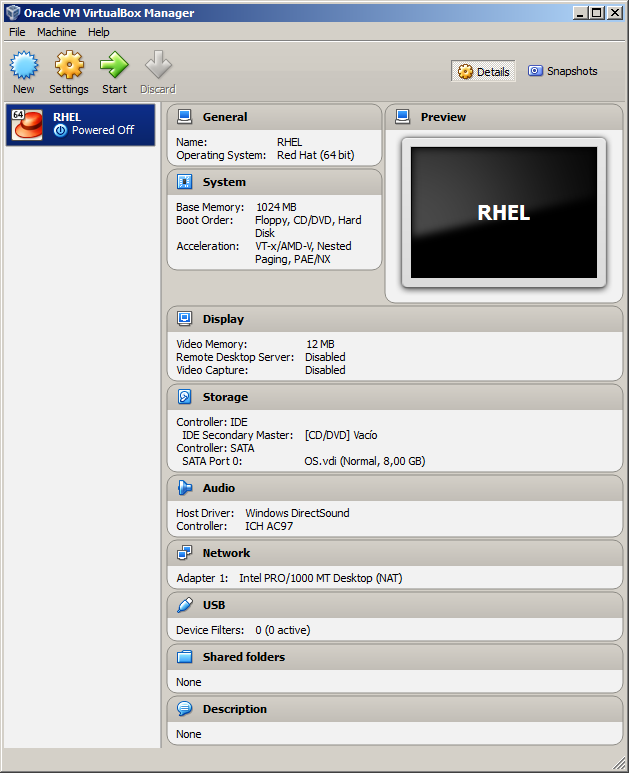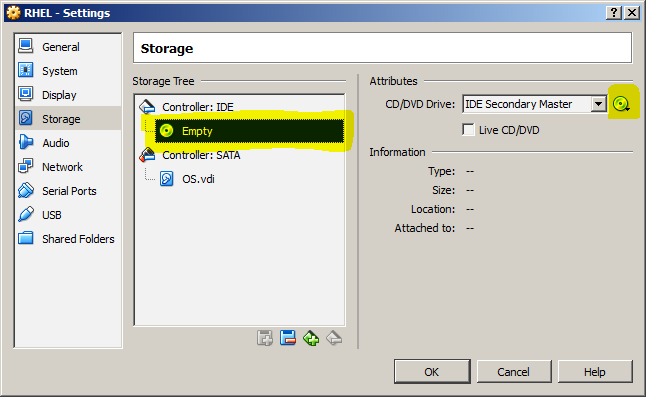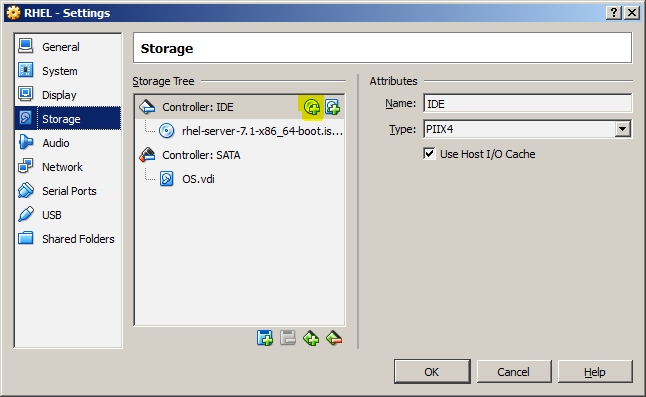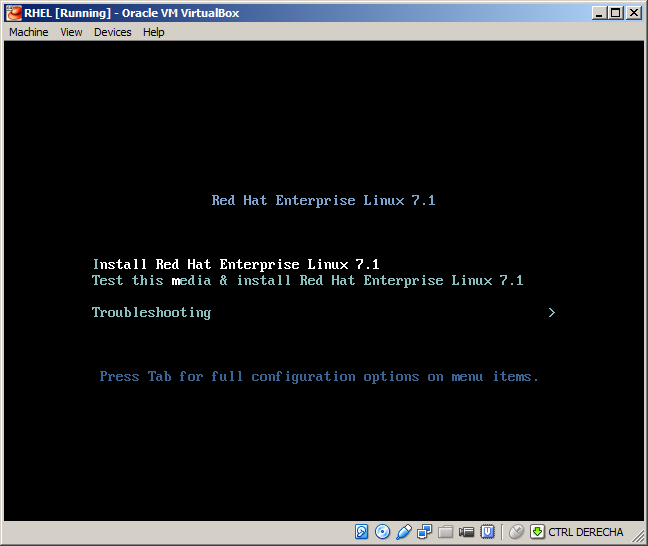Why Indexes?
Basic use of index is to find data in a table more quickly by speeding up the query searches. Consider an employees table with 1 million records. If I query the table to extract data for 1 employee based on emp_id, all the records are compared for the emp_id. This approach will be very time taking in real time when many queries are searching for records. Thus we should use indexes to speed up the searching process.


